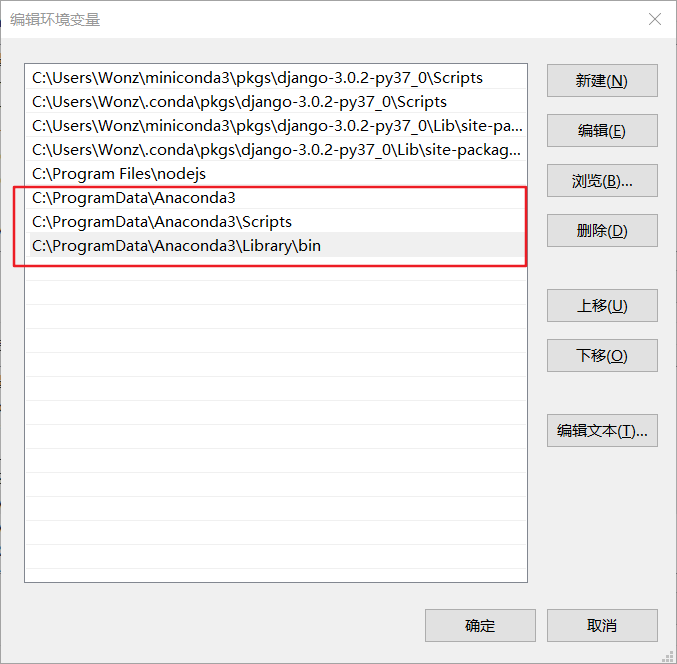that complies with SEO standards and focuses on small lizard pets.
Original Title: "The Ultimate Guide to Raising Bearded Dragons: Care, Diet, and Behavior"Rewritten Title: "H2Raising H2Bearded Dragons H2: Care, Diet, and B……
Original Title: "The Ultimate Guide to Raising Bearded Dragons: Care, Diet, and Behavior"
Rewritten Title: "H2Raising H2Bearded Dragons H2: Care, Diet, and Behavioral Insights"
Now, let's dive into a detailed English description of raising bearded dragons, incorporating the rewritten title.
---
**H2Raising H2Bearded Dragons H2: Care, Diet, and Behavioral Insights**
Raising a bearded dragon, one of the most popular small lizard pets, can be an incredibly rewarding experience. These fascinating creatures offer a unique opportunity to learn about reptile care and behavior. In this comprehensive guide, we'll delve into the essential aspects of caring for your bearded dragon, including proper care, dietary needs, and behavioral insights.
**H2Care: Creating a Suitable Environment**
The first step in raising a healthy and happy bearded dragon is to provide a suitable habitat. Bearded dragons thrive in an enclosure that mimics their natural environment as closely as possible. Here are some key considerations:

- **Temperature and Heating**: Bearded dragons require a temperature gradient within their enclosure, with a basking area that reaches around 90-100°F (32-38°C) and a cooler area of around 75-80°F (24-27°C). Use a heat lamp or ceramic heater to maintain these temperatures.
- **Humidity**: These lizards prefer a humidity level of around 30-40%. Mist the enclosure regularly to maintain this level and provide a water bowl for your dragon to soak in.
- **Substrate**: A substrate of coconut coir, aspen shavings, or reptile carpet will help maintain the appropriate temperature and humidity levels while also providing a comfortable surface for your dragon to walk on.
**H2Diet: Nutritional Needs**
A balanced diet is crucial for the health and well-being of your bearded dragon. Their diet should consist primarily of insects and vegetables, with occasional treats of fruits or mealworms.
- **Insects**: Provide a variety of insects, such as crickets, mealworms, and waxworms. These insects should be gut-loaded with calcium and vitamin D3 supplements to ensure your dragon gets essential nutrients.

- **Vegetables**: A variety of leafy greens, such as kale, collard greens, and dandelion greens, should make up the bulk of your dragon's diet. These vegetables provide essential vitamins and minerals, as well as fiber.
- **Supplements**: Calcium and vitamin D3 supplements are essential for your dragon's overall health, particularly if they are not getting enough sunlight. Consult with a veterinarian to determine the appropriate dosage.
**H2Behavioral Insights: Understanding Your Dragon**
Bearded dragons are generally docile and easy to handle, making them excellent pets for beginners. However, understanding their behavior is crucial for ensuring their well-being.
- **Territorial Nature**: Bearded dragons can be territorial, especially during breeding season. Provide plenty of hiding spots and avoid handling them too frequently to minimize stress.
- **Sunbathing**: These lizards require exposure to UVB light to synthesize vitamin D3, which is essential for calcium absorption. Ensure they have access to a basking spot that provides appropriate levels of UVB light.

- **Communication**: Bearded dragons communicate through body language, such as puffing out their throat sac and tail bobbing. Understanding these signals can help you provide a more enriching environment and avoid potential health issues.
In conclusion, raising a bearded dragon is a rewarding experience that requires careful attention to their care, diet, and behavior. By providing a suitable habitat, offering a balanced diet, and understanding their behavioral cues, you can ensure your bearded dragon leads a healthy and happy life. Remember to consult with a veterinarian specializing in reptiles for personalized advice and guidance.
This detailed description not only addresses the needs of bearded dragons but also incorporates relevant keywords within the tags to optimize for SEO while providing valuable information to potential pet owners.